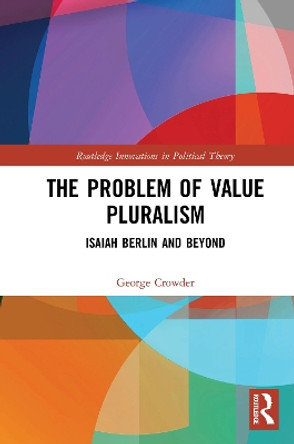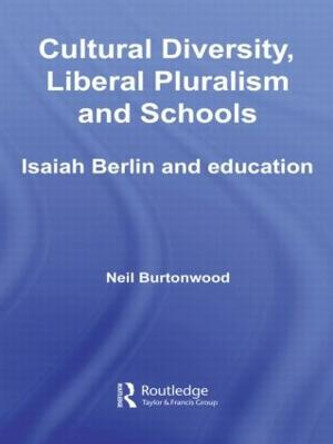Description
Berlin's range of interests and learning was vast but united by a single overarching project: the uncovering of the conceptual roots of twentieth-century totalitarianism. He traces these through three levels of analysis: the distortion of the concept of freedom by thinkers such as Rousseau, Fichte, Hegel and Marx; the scientism of the Enlightenment and irrationalism of the Counter-Enlightenment and romanticism; and moral monism, the idea that all ethical questions can be answered by reference to a single moral law. Against monism, Berlin asserts the claims of value pluralism, which he aligns with a politics of liberal moderation.
In this new assessment, Crowder argues that Berlin's critique of the modern enemies of liberty is exciting and powerful, but also that the coherence of his thought is threatened by a tension between its liberal and pluralist elements. Crowder goes on to suggest how that tension can be resolved by appeal to arguments that go beyond the case actually presented by Berlin but which remain within the spirit of his general outlook.
About the Author
George Crowder is Senior Lecturer in the School of Political and International Studies Flinders University, Adelaide.
Reviews
"George Crowder offers a more richly theorized account of [Berlin's liberal political philosophy] than Berlin himself ever set out."
History of Political Thought
"Berlin is well served in this excellent book by his commentator, George Crowder. Crowder does a marvelous job of identifying the principle themes in Berlin's work, explaining Berlin's motivations, correcting prevalent misunderstandings, and responding on his subject's behalf to important criticisms. Even where Crowder identifies indictable silences on Berlin's part -- his saying little or nothing, for instance, about social justice and cultural pluralism -- he suggests what Berlin could, and should, have said about matters...In respect of Berlin's writings, we can now be much clearer about what is at stake, where we are in need of further good arguments, and what lines of thinking we might profitably pursue. Berlins' vision is clearer to us both in its strengths and in its weaknesses." Perspectives on Politics, American Political Science Review -- December, 2005
(reviewed by David Archard, Lancaster University)
"Crowder deftly expounds the links between liberty and pluralism in Berlin?s work, which he subjects to a sympathetic yet penetrating critique. In so doing, he offers an important interpretation of Berlin, and makes a substantive contribution of his own to our understanding of this topic." Professor Richard Bellamy, Academic Director ECPR, Department of Government, University of Essex
"This is an impressive book, which dominates the existing critical studies of Berlin." Dr. David Miller, Nuffield College, University of Oxford
"Isaiah Berlin: Liberty and Pluralism is the most balanced, comprehensive, and insightful examination of Berlin?s thought yet written. Everyone interested in the history and future of liberal thought can profit from Crowder?s painstaking study." William A. Galoston, Saul I. Stern, Professor of Civic Engagement and Director, Institute for Philosophy and Public Policy, University of Maryland
Book Information
ISBN 9780745624778
Author George Crowder
Format Paperback
Page Count 256
Imprint Polity Press
Publisher John Wiley and Sons Ltd
Weight(grams) 354g
Dimensions(mm) 230mm * 154mm * 15mm









